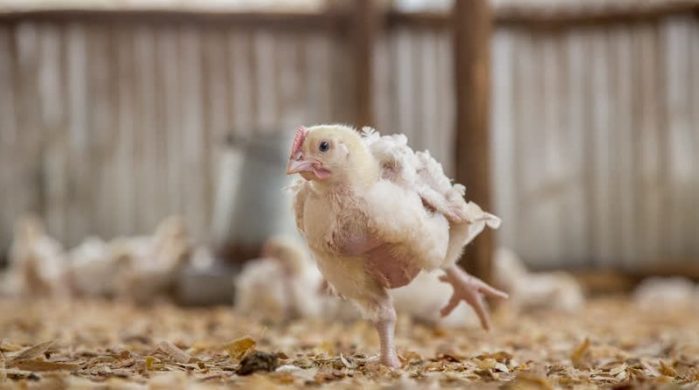The Food and Agriculture Organization of the United Nations (FAO), through its Emergency Centre for Transboundary Animal Diseases (ECTAD) has spearheaded an innovative training initiative aimed at enabling Tanzanian broiler farmer reduce overreliance on antimicrobials and instead adopt sustainable practices.
This is in response to rising concerns over antimicrobial usage in Tanzania’s broiler farming systems.
In this, FAO is planning to support the establishment of Farmer Field Schools (FFS) across selected districts with the aim of training farmers to eventually enable the industry reduce its reliance on antimicrobials and enhancing biosecurity measures.
This is because antimicrobial resistance (AMR) poses a significant threat to global public health, driven in part by the overuse of antimicrobials in agriculture.
In Tanzania, the extensive use of antimicrobials in broiler farming has sparked concerns regarding the potential rise of resistant pathogens and compromised food safety.
Acknowledging the pressing need for action, the FAO partnered with local stakeholders to devise a comprehensive strategy. Central to this strategy is the adoption of Farmer Field Schools (FFS), which equip participating farmers with the knowledge and abilities to embrace sustainable and biosecure broiler production practices.
The journey towards sustainable broiler farming commenced with the training of Field School Facilitators (TOF). Over a 21-day period, participants underwent intensive training at the Tengeru Livestock Training Agency (LITA), situated in the Arumeru district. Under the guidance of two Master Farmer Field School Trainers, the TOF focused on furnishing facilitators with the essential skills required to effectively lead FFS sessions.
The training covered a range of topics, including the FFS methodology, facilitation skills, and data collection techniques. Additionally, participants were introduced to Behavioral Science approaches to address implementation challenges faced by FFS participants.
On 13 April 2024, the graduation ceremony marked a significant milestone in Tanzania’s efforts to combat antimicrobial resistance in broiler farming. Dignitaries, including the Director of Veterinary Services from the Ministry of Livestock and Fisheries, commended FAO for its leadership in promoting sustainable agricultural practices.
With ten trained facilitators poised to lead the broiler FFS initiative, Tanzania is now better equipped to tackle the challenges posed by antimicrobial resistance. The Ministry of Livestock and Fisheries has pledged to integrate FFS methodology into training curriculums, ensuring the sustainability of the initiative.
As Tanzania prepares to pilot broiler FFS in selected districts, anticipation is high for the positive impact it will have on broiler farming practices. By empowering farmers with the knowledge and skills to adopt sustainable practices and reduce antimicrobial usage, FAO ECTAD is leading the way towards a healthier and more sustainable future for Tanzania’s broiler farming industry.









